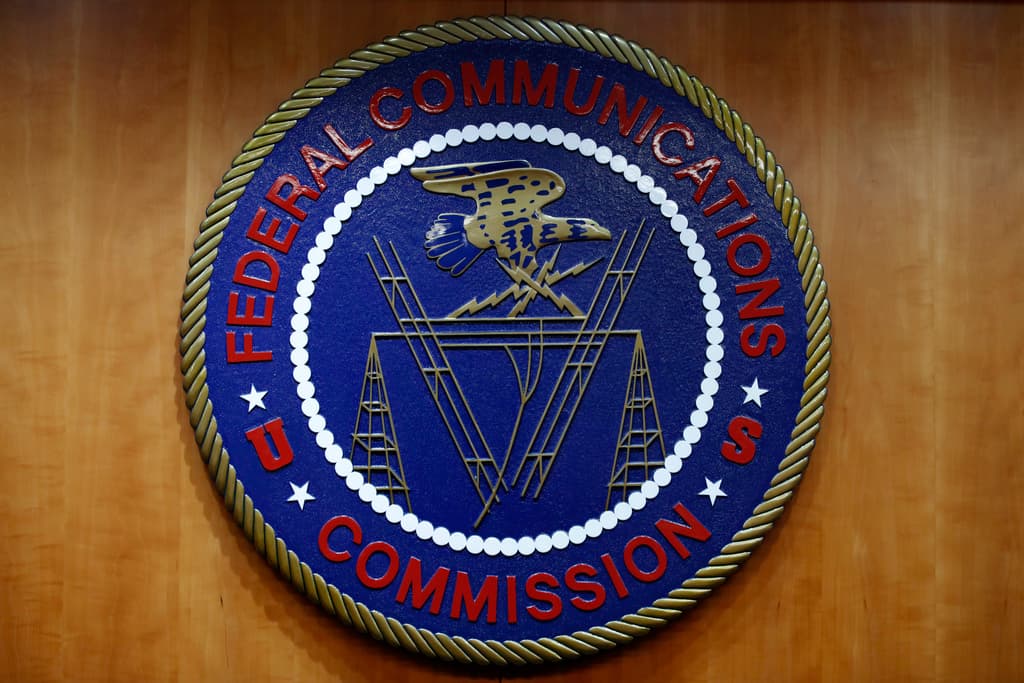Efforts To Provide Rural Americans With High-Speed Internet Bogged Down by ‘Liberal Wishlist’ of Social Justice Mandates
It may take another six years before President Biden’s $42.5 billion high-speed internet project is fully rolled out.

Americans living in rural areas of the country may have to wait until 2030 before receiving access to high-speed internet under President Biden’s $42.5 billion federal program due to “DEI requirements” and “climate change mandates,” according to the Federal Communications Commissioner, Brendan Carr.
While the funding was signed into law nearly three years ago, under the Broadband, Equity, Access, and Deployment Program, little progress has been made in rolling out the initiative. And it’s expected to take a year before the first home or business receives any service.
The delay is reportedly due to reasons completely unrelated to internet technology. Rather, it’s due to the arduous requirements for receiving funding.
These include climate change mandates, union laborer provisions, and requirements to prioritize the employment of “justice impacted” employees with criminal history, the Washington Times reports.
Mr. Carr describes the requirements as “a liberal wish list that has nothing to do with connecting Americans,” he writes in a post on X. “Climate change mandates, tech biases, DEI requirements, favoring government-run networks + more,” he adds.
Mr. Carr blames Mr. Biden for the delay and accuses his administration of “layering a partisan political agenda” on the program.
“The Biden Admin’s failure to turn even a single shovel’s worth of dirt with this $42.45B is not just predictable, it was predicted,” Mr. Carr adds. “In 2022, Senators warned that Biden’s Byzantine process, excessive bureaucracy, & partisan policies would ‘delay connecting unserved… Americans.’”
Further, lawmakers allege that the office in charge of distributing the program’s funds — The Commerce Department — is trying to regulate consumer rates, even though internet providers and congressional Republicans claim that the law forbids such regulation.
The program’s approval back in 2021 sparked excitement among communities in rural parts of America without access to high speed internet given that broadband service has become a necessity for transferring large amounts of data and doing practically anything online. Some of the areas targeted reportedly have no internet service at all.
The project will likely only be started in 2025 or 2026, according to the timeline offered at a House budget meeting. The full rollout is thus expected to be completed by 2030, nine years after Mr. Biden signed the funding into law.

